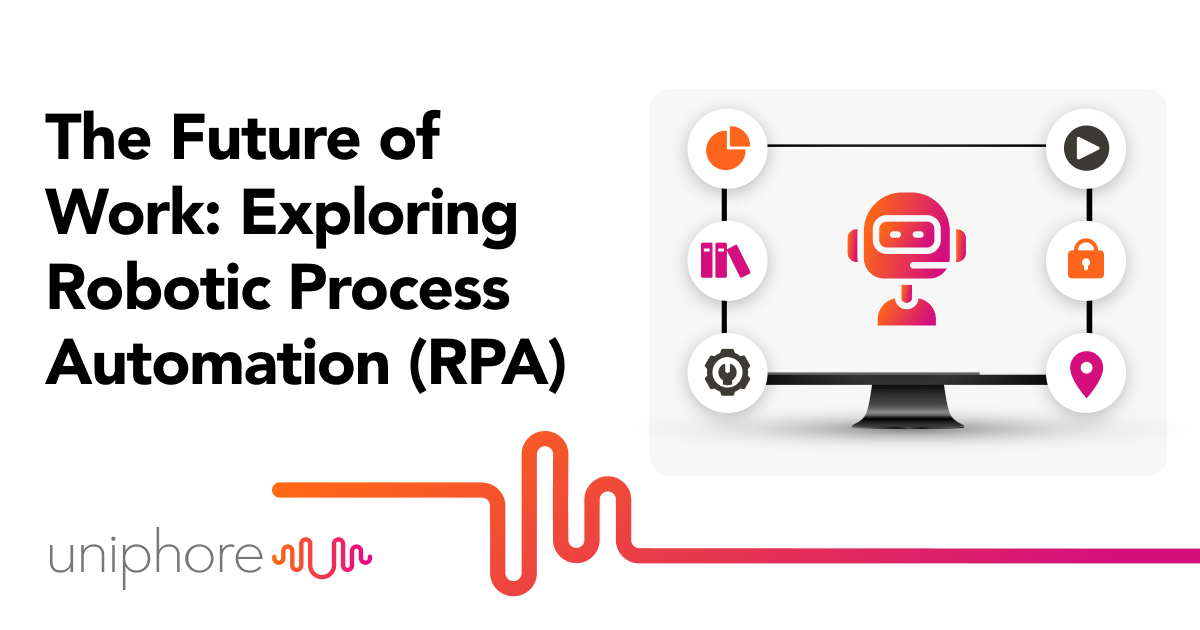
Welcome to our curated blog post on the future of work! In this post, we will explore the exciting trends that are reshaping the way we work. We’ll take a deep dive into automation, remote work, and the ever-expanding gig economy. These forces are revolutionizing the traditional concept of work, creating new opportunities and challenges for professionals across various industries.
The Rise of Automation
Automation is transforming industries, leading to increased efficiency and enhanced productivity. With Automation 2.0, we are witnessing a new wave of intelligent automation that goes beyond repetitive tasks. It involves advanced technologies like artificial intelligence (AI) and machine learning, enabling machines to perform complex cognitive tasks.
Businesses across different sectors are embracing automation, which has led to significant changes in the workforce. Some jobs are being automated, while new roles are being created that require humans and machines to collaborate effectively.
It’s important to address the ethical considerations of automation. While automation can improve profitability and operational efficiency for businesses, it may also result in job displacement for some individuals. Recognizing these concerns, organizations and governments are investing in reskilling and upskilling programs to help workers adapt to the changing job landscape.
The Future of Remote Work
In recent years, remote work has gained significant traction, allowing employees to work from anywhere. The COVID-19 pandemic has further accelerated this trend and prompted businesses to adopt remote work policies.
Remote work offers numerous benefits for both employees and employers. Employees enjoy flexibility in managing their work-life balance. They can avoid long commutes and spend more time with their families. Employers, on the other hand, can tap into a global talent pool, reduce office overheads, and improve employee satisfaction and retention.
However, remote work presents its own set of challenges. Communication and collaboration can be more difficult in a virtual environment. Organizations need to invest in advanced communication tools and establish clear remote work policies to ensure effective virtual collaboration.
Moreover, maintaining a healthy work-life balance can become tricky when work and personal life blend together in the same physical space. Employees need to establish boundaries and develop routines to ensure productivity and avoid burnout.
Robots are revolutionizing the workplace, reshaping our future. Discover how automation is transforming work dynamics in the office! [insert link] #RobotRevolution #FutureOfWork
Thriving in the Gig Economy
The gig economy refers to the growing trend of short-term, flexible, and freelance work. It offers individuals the opportunity to be their own bosses, choose their own projects, and work on their terms.
Image courtesy of Google Images
For some, the gig economy provides a chance to earn additional income or pursue their passion projects. However, it also brings challenges such as job security and income stability. Gig workers don’t have the traditional safety net of employee benefits and may face variable income streams.
Building a successful career in the gig economy requires a flexible skill set. Individuals need to invest in continuous learning and adaptability. Developing a niche expertise or exploring entrepreneurial opportunities can also help secure a steady flow of work.
Despite the challenges, the gig economy opens doors for entrepreneurship and self-employment. With the rise of online platforms, individuals can showcase their talents, connect with clients globally, and create a thriving freelance business.
The future of work is dynamic and exciting, driven by automation, remote work, and the gig economy. By embracing these trends, individuals and organizations can unlock new opportunities for growth and success.
Automation, while transforming certain roles, also creates new ones that require a blend of human skills and machine assistance. Organizations must promote reskilling and upskilling to ensure their workforce is equipped for the automation revolution.
Remote work empowers employees and provides organizations with access to global talent. However, organizations must address the challenges of virtual collaboration and work-life balance to maximize its benefits.
For those considering the gig economy, building a flexible skill set and embracing entrepreneurship can lead to a fulfilling and prosperous career. Individuals must navigate the challenges of job security and income stability, but the gig economy offers unparalleled freedom and creativity.
As the future of work continues to unfold, it is crucial to embrace change, nurture new skills, and adapt to the evolving employment landscape. By doing so, we can forge ahead into a future of work that is flexible, empowering, and full of opportunities.
